SUSTAINABILITY REPORT: ADVICE FOR YOUR COMPANY
Sustainability is becoming increasingly important
/ OUR OFFER
SUSTAINABILITY
REPORT
TABLE OF CONTENTS
WHAT IS IMPORTANT WHEN PREPARING A SUSTAINABILITY REPORT
More and more companies and institutions are producing sustainability reports. These disclose a company’s social, environmental and economic impacts and its strategy for mitigating and improving them. Producing a sustainability report is much more than just an organisational effort.
It offers a company the unique opportunity to determine the status quo, set sustainable goals and learn from the past as well as from the broader context. With the right partner at your side, producing a sustainability report becomes an undertaking that is in itself highly sustainable for the company. We are one such partner.
WHAT IS THE TERRA INSTITUTE?
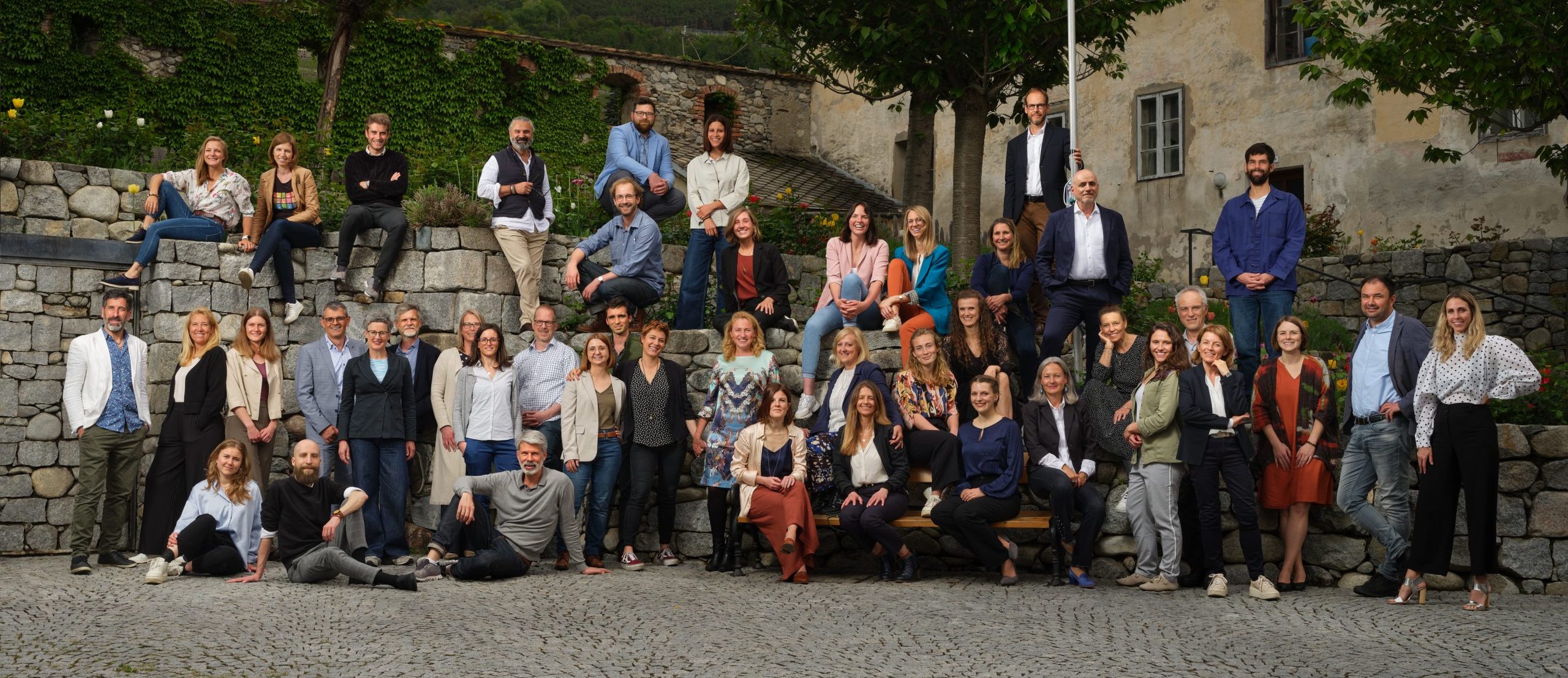
Now, together with them, they form an international team that leads the way in guiding companies towards sustainability and in transforming business fields towards the circular economy.
We work alongside companies and institutions of all sizes, in all sectors and in a wide range of countries, helping them to master the transition from purely economically driven action to sustainable and successful action. In this way, we take the lead in sustaining society’s economic prosperity while improving both ecosystems and social justice.
How can this be achieved? With the Terra consulting approach. This is based on systemic thinking, the struggle for depth of meaning and the sincere appreciation of relationships. It is characterised by a holistic approach, linked with innovative processes, as well as the use of digital tools – developed together with selected partners or provided by them.
THE COMPANIES
WHO HAVE CHOSEN US





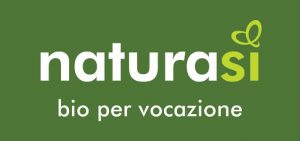













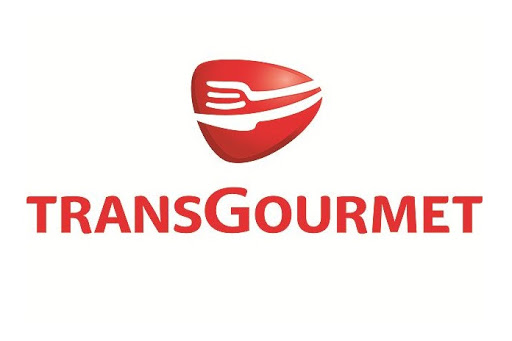


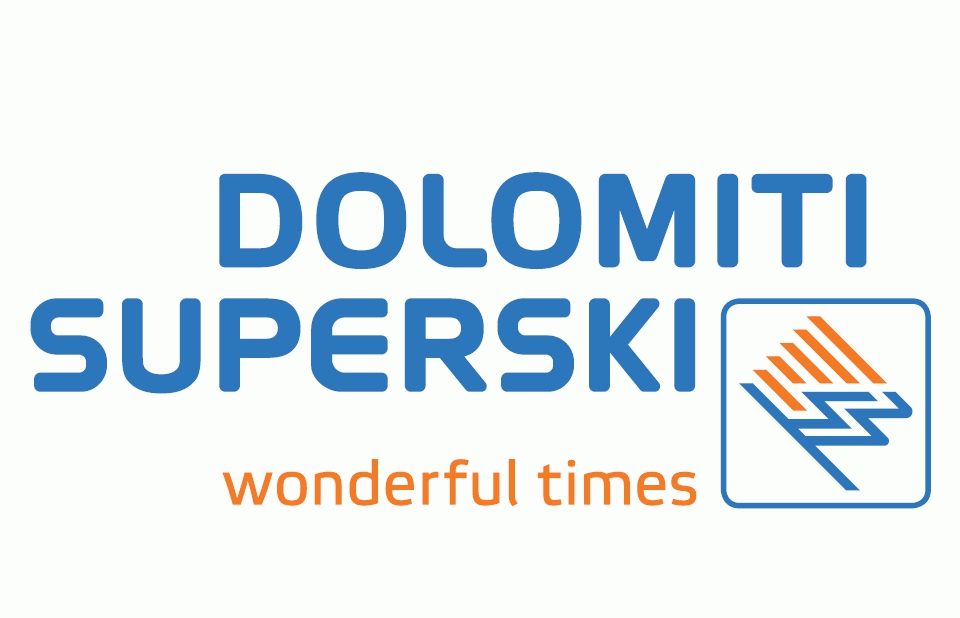
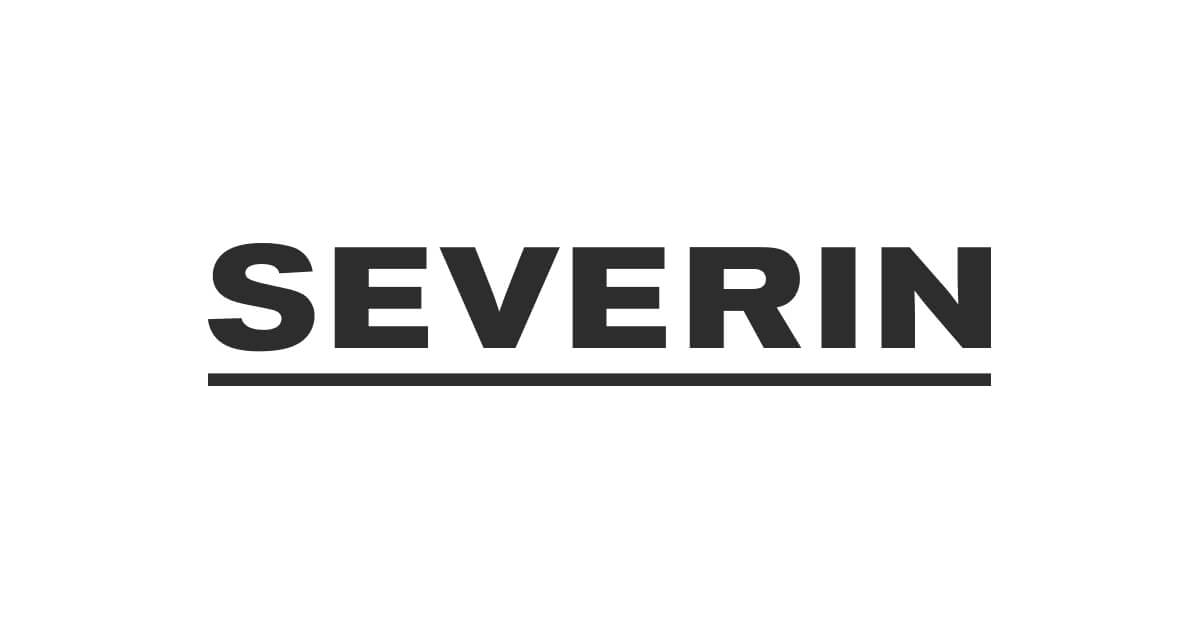



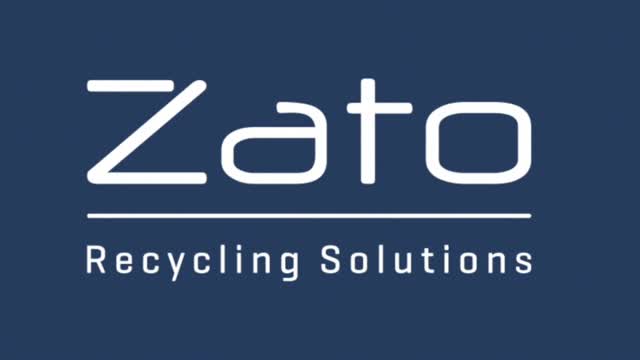
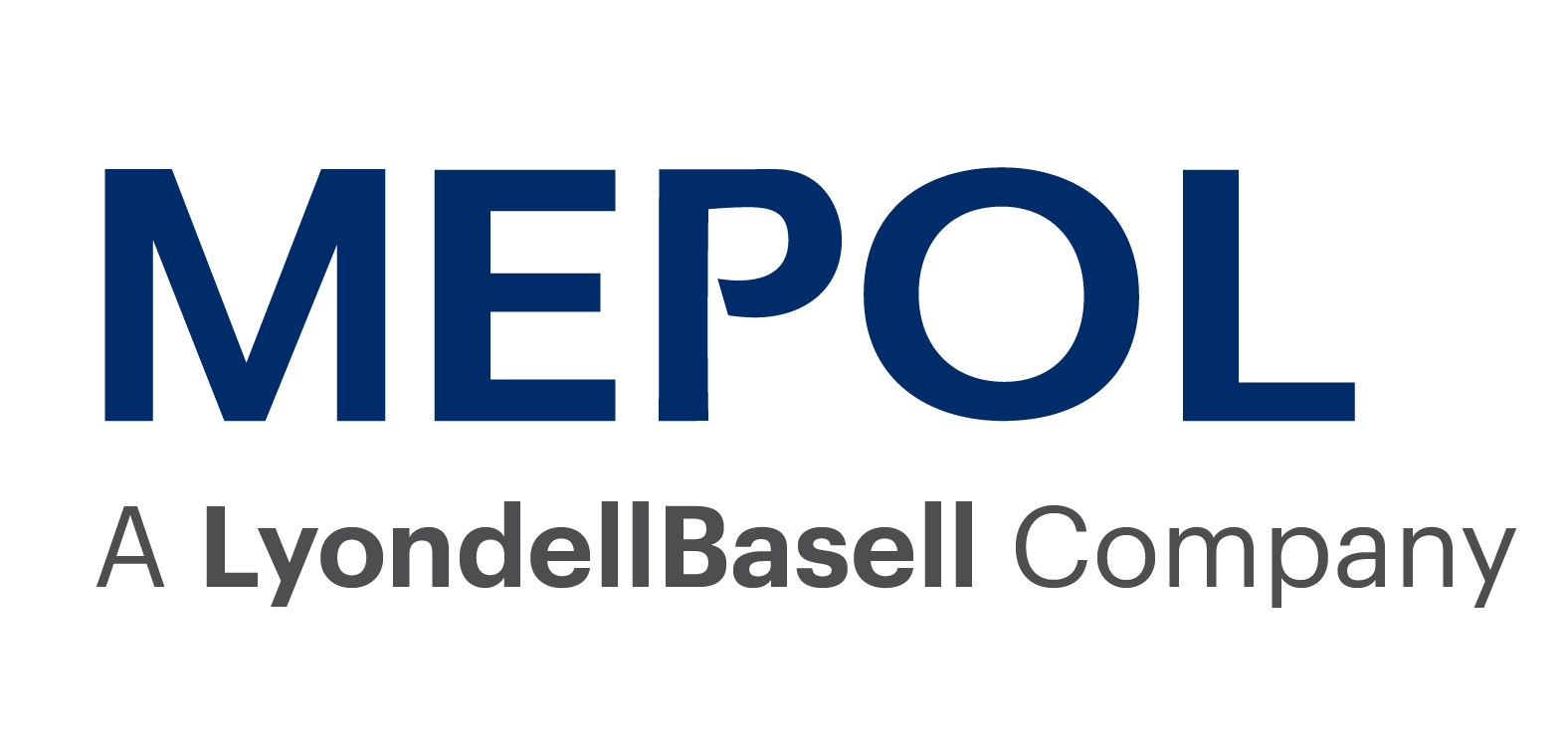

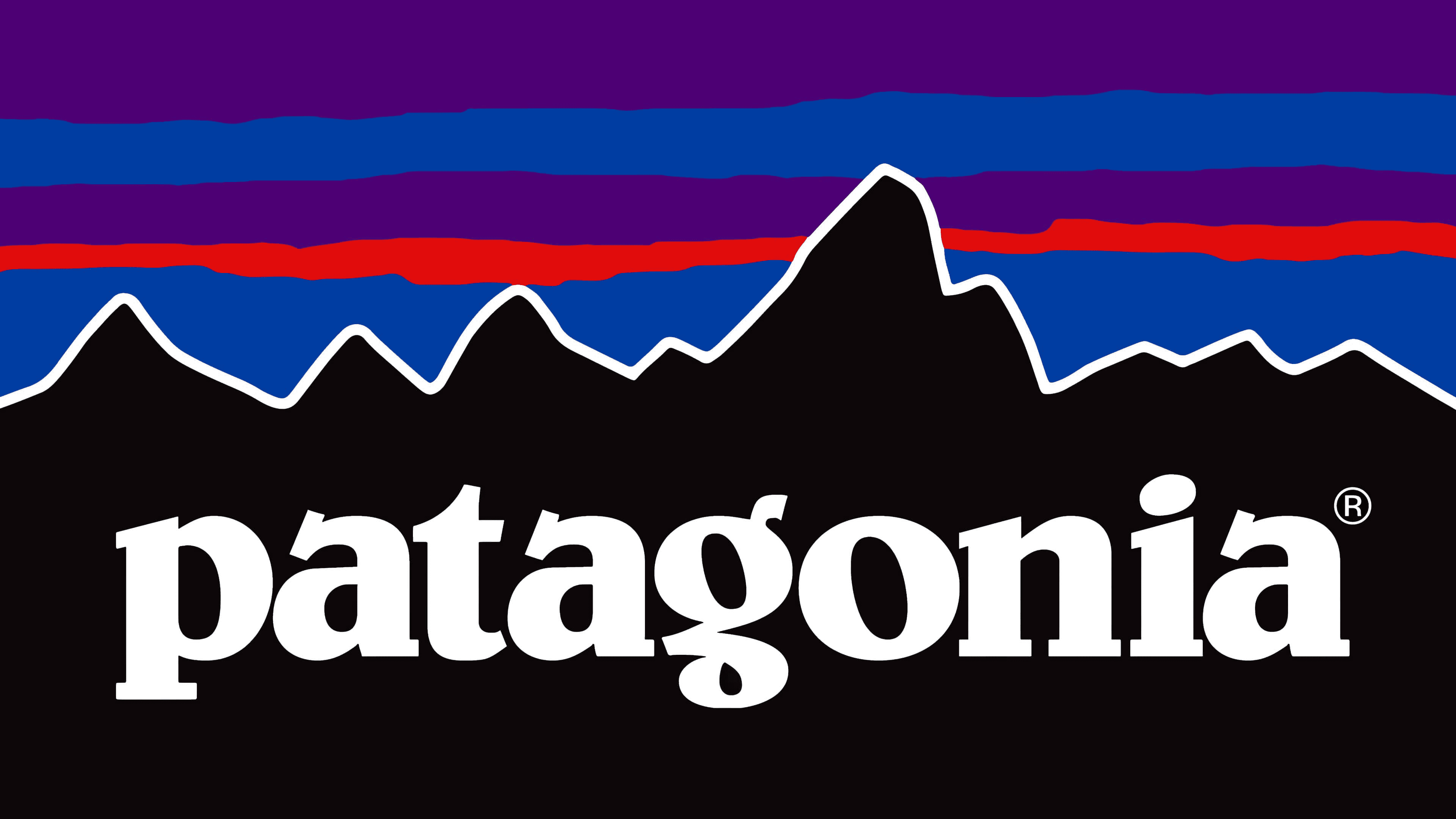



HOW DOES THE CLIENT BENEFIT WHEN TERRA ADVISES ON THE PREPARATION OF A SUSTAINABILITY REPORT?
It is not only companies and institutions that benefit from our support. After all, every economic enterprise that changes its way of working into a sustainable one has a positive impact on the ecosystem and society. But of course, every one of our clients also benefits from the support of our experts.

WHAT IS A SUSTAINABILITY REPORT?
The so-called sustainability report is the further development of the environmental reports published in the 1990s. Along with the annual report, it is one of the key points of a company’s information policy and at the same time an important element of the company’s strategic development, marketing and sustainability management. In it, a company or institution deals with its sustainable development.
The following sustainability topics are addressed in it:
- Governance and the economy
- Ecology
- Social aspects
Although at first glance a sustainability report is only a multi-page document, its preparation offers the opportunity to deal intensively with one’s own ecological, social and economic impacts – and then to present these in a transparent and comprehensible way in the report. In this way, one can see what the company is already doing, where there is still room for improvement and what possibilities there are, and what area one has perhaps not yet taken into account. This holding oneself up to the mirror does not hurt, but is rather a unique opportunity to improve oneself.
THE RIGHT APPROACH TO PRODUCING A SUSTAINABILITY REPORT
In addition, we have already been able to align the GRI framework with the requirements of the Corporate Sustainability Reporting Directive (CSRD), which will be adopted in the European Parliament in November 2022, ensuring that these are taken into account in the reporting process.

THE FUNDAMENTALS OF SUSTAINABILITY EXPLAINED IN MORE DETAIL
The fundamentals of sustainability are often described with the concept of the “three pillars of sustainability”. These pillars represent the interrelated aspects of sustainability:
1. Environmental sustainability
Environmental sustainability aims to preserve the health of the planet. Therefore, minimising the negative impacts of human activities on ecosystems, conserving resources, reducing pollution and promoting biodiversity are important.
2. Economic sustainability
Economic sustainability ensures profitability, efficiency and responsible use of resources. It takes into account the economic impact of business decisions as well as the equitable distribution of the wealth generated.
3. Social sustainability
Social sustainability creates communities where everyone has equal opportunities and access to essential resources is guaranteed for everyone. In doing so, being socially sustainable means taking into account social justice, human rights and fair labour practices.
HOW DOES TERRA INSTITUTE GO ABOUT ADVISING COMPANIES?
Of course, every company’s consultancy is different, as we at Terra Institute adapt to the challenges and requirements at hand. However, when it comes to preparing a sustainability report, the following eight points are usually always gone through during the consultation:
1. The scope is determined: A sustainability report can be several hundred pages long, but it can also be much shorter. At the beginning, therefore, it must be determined which contents should definitely be included in it. So we ask questions like:
– Where are the organisational boundaries?
– How will the reporting period be delimited?
2. The framework is chosen: There are different frameworks that can be used for the sustainability report. For example, the Sustainability Accounting Standards Board (SASB) or the International Integrated Reporting Council (IIRC) can be used as a guide for the preparation of the report. We at the Terra Institute work primarily with consideration of the Global Reporting Initiative guidelines (GRI), as these can be perfectly adapted to the individual requirements of a company.
3. The topics and the content are determined: It is important to define which topics should be included in the company’s sustainability report and sustainability development strategy. To do this, an analysis of the negative and positive impacts resulting from the company’s actions along the entire value chain is necessary and also very interesting to understand from a broader perspective.
4. The performance indicators are defined: Together with the client, we define the performance indicators on which the reporting framework and the identified data are built.
5. The relevant data are identified: Once it has been determined which points will be covered in the sustainability report, the next step is to identify the relevant data to be included in the sustainability report.
What are these? This can be data on the ecological, social and economic performance of the company. But also data on stakeholder engagement or facts and figures that underpin the sustainability strategy.
6. The data obtained is verified: The information presented in the sustainability report must be absolutely reliable and credible. Therefore, it is up to the company to check the data provided for accuracy.
7. The development strategy for mitigating and improving impacts and for seizing opportunities is determined.
8. The sustainability report is written: Once all the facts, figures and data have been compiled, it is time to write the report. This usually consists of the following parts:
– an introduction
– a description of the company and its sustainability strategy
– sections on environmental, social and economic performance
– a summary
9. The review and approval: The written sustainability report should be reviewed by key stakeholders to ensure that all points have been accurately reflected. Key stakeholders include:
– the management,
– the board of directors
– and possibly external auditors.
10. Publication and communication of the report: Once the sustainability report has been approved by all key stakeholders, it is time to publish and communicate it through various channels. For example, the company’s own website, social media, press releases and the annual report can be used for communication.
In summary, producing a sustainability report requires looking at all parts and aspects of the business and ideally a partner to guide you successfully through the process.
THE MOST FREQUENTLY ASKED QUESTIONS ON THE TOPIC OF SUSTAINABILITY REPORTS – FAQS
1. WHAT IS A SUSTAINABILITY REPORT?
2. WHAT SHOULD A SUSTAINABILITY REPORT INCLUDE?
An overview of the organisation’s sustainability strategy, goals and objectives.
An organisational profile
Information on the company’s governance structure, management approach and stakeholder engagement activities
Information on the organisation’s environmental impacts, including data on energy and water consumption, greenhouse gas emissions, waste and recycling
Information on the organisation’s social impacts, such as labour practices, employee diversity and their community involvement
Data on the economic impact of the organisation
Future sustainability goals and strategies and the strategies to achieve them.
3. IS A SUSTAINABILITY REPORT MANDATORY?
For example, large companies in the EU are affected if they exceed two of the following three criteria: more than 250 employees, more than €40 million in net sales, more than €20 million in total assets.
However, small & medium-sized capital market-oriented EU companies must also comply with the obligation if they exceed at least two of the three criteria: ten employees, €700,000 in net sales and/or €350,000 in total assets.
Covered companies must disclose in their sustainability report, among other things, non-financial information on the following topics:
Business model, strategy, resilience, opportunities and compatibility with the transition to a sustainable economy.
Targets and objectives
Governance, policies and practices
Key impacts
Business risks related to sustainability factors
Businesses need to provide information appropriate to these issues:
qualitative and quantitative
retrospective and forward-looking
provided with short, medium and long-term time horizons
Furthermore, the placement of the disclosure plays a role: the sustainability report must be integrated into the management report.
Completely independent of the given legal requirements, many companies voluntarily prepare an annual sustainability report, as they see it as part of their commitment to transparency.
4. WHAT ARE THE ADVANTAGES OF A SUSTAINABILITY REPORT?
It increases transparency about the company’s sustainability performance.
It increases stakeholders’ trust in the organisation.
It leads to improved risk management in relation to climate change, resource depletion and social unrest.
It helps identify opportunities associated with sustainability issues.
It increases accountability as companies hold themselves accountable for their sustainability performance.
It helps to set clear goals and targets and track compliance.
It motivates a company to improve its sustainability performance and take action to address issues.
It provides a platform to share sustainability issues with others.
It can give organisations a competitive advantage by demonstrating their commitment to sustainability and setting them apart from the competition.
It can help attract customers and employees who value sustainability.
5. WHO IS AFFECTED BY CSRD AND WHO IS REQUIRED TO REPORT FROM WHEN ON?
Within the EU, certain companies of public interest have had to report on their sustainability for a few years now. Since 2014, this has been regulated by the Non-Financial Reporting Directive (NFRD). In November 2022, the EU Parliament adopted the Corporate Sustainability Reporting Directive (CSRD), which replaces the NFRD.
With the CSRD, both the scope and the type of non-financial reporting will change profoundly in the future, especially with regard to sustainability aspects. Affected from now on are:
Large companies that meet two of the following three criteria:
→ a balance sheet total of at least 20 million euros;
→ a net turnover of at least 40 million euros; or
→ an average number of employees of 250 in the business year (European Commission, 2021).
Small & medium-sized enterprises, excluding micro-enterprises, in the public interest (e.g. listed SMEs), which meet two of the following three criteria:
→ a balance sheet total of at least 4 million euros;
→ a net turnover of at least 8 million euros; or
→ an average number of employees of 50 in the financial year (European Commission, 2021).
Parent companies of large enterprise groups that meet two of the following three criteria at the consolidated level:
→ a balance sheet total of at least 20 million euros;
→ a net turnover of at least 40 million euros; or
→ an average number of employees of 250 in the financial year (European Commission, 2021).
Companies in third countries with a turnover of €150 million in the EU whose subsidiaries achieve a turnover of more than €40 million. According to estimates, this means that 49,000 companies will be subject to reporting requirements in the EU as a whole instead of 11,600 in the past (European Commission, 2021).
However, this will not all happen at the same time. The first reports will be made on the financial year 2024 by companies & parent companies in the public interest that show a number of employees greater than or equal to 500 in their balance sheet for the financial year. One year later, starting with the financial year 2025, all other companies & parent companies considered large will report for the first time in accordance with the CSRD. Small and medium-sized public interest entities, small non-complex credit institutions, and captive insurance companies will start reporting for the financial year 2026. And the above-described companies in third countries with turnover in the EU will be obliged to report for the first time with the financial year 2028 (European Commission, 2021).
SUSTAINABILITY REPORT – OUR TEAM
Alessia Dughera

A civil engineer with an MBA, she has many years of experience as a project manager and consultant.
Her core competencies are corporate strategy and positioning, process management and design, project management, stakeholder management and sustainability reporting.
Alexandra Unger

Alexandra is a sustainability economist. Before joining the Terra Instituet, she designed and evaluated participatory processes in various contexts.
Through her international experience, she always has a view of the global dimension. Her core competencies at the Terra Institute are sustainability strategy and reporting. Alexandra wants to contribute to harnessing the potential of companies to drive the socio-ecological transformation.
Alice Piccolo

Alice has a Master’s degree in Social-Ecological Economics and Policy and has been advising companies on corporate mobility management, sustainable finance and ESG risks for several years at Terra Institute, as well as working on European projects related to the 2030 Agenda.
She is an expert in the field of ESG and risk assessment of companies. She also links the SDGs with corporate strategy and supports companies in living and implementing them internally.
André Meinhard

André studied Sustainability Economics and Management at the Carl von Ossietzky University of Oldenburg and was able to build up a transdisciplinary expertise in sustainability.
André’s current focus is on reporting, materiality and impact analyses, stakeholder dialogues and sustainable packaging.
Emanuela Vedovati

Emanuela has a degree in Economics and Social Sciences with a focus on environmental economics and social responsibility. Over the years, she has specialised in circular economy and sustainability issues. She works with clients to develop strategic development and reporting pathways, circular approaches, stakeholder dialogues and sustainable supply chain management design. In 2019, she launched a training facility on the circular economy in collaboration with two partners.
Lucia Radeljak

Lucía holds a Master’s degree in Engineering and Sustainability Studies from MinesParisTech and Tsinghua University. She has extensive experience advising companies and research institutes such as ETH Zurich and specialises in circular economy, corporate sustainability strategy and reporting.
Margit Holzhammer

Formerly a lawyer, a long-time director of a hospital, Margit is a sustainability consultant at Terra Institute alongside lecturing CSR at various. Her focus sectors are healthcare companies, banks and tourism. Margit manages the Terra office in Innsbruck.
Paolo Agnelli

Paolo studied economics and advises companies of all sizes and from a wide range of sectors. He has a sound knowledge of marketing, coupled with creativity and extensive intercultural experience. He speaks several languages and is thus considered a door opener and bridge builder.
As a true South Tyrolean with Sicilian roots, he moves easily between Hamburg and Palermo and knows the cultural differences of these markets like no other. Growing up in a multicultural family, he quickly learned to always face things in the world with open eyes and to solve challenges creatively.
Renata Rizzo

After a long career in multinational companies in various sectors, from tourism to the food and beverage industry, as Senior Director of Marketing and Product Innovation, Renata is now fully dedicated to helping businesses and local communities determine the most appropriate path to sustainability for their needs.
She also lends her diverse experience to hospitality territories and businesses to develop strategies, actions and communications, and to support carbon footprint measurement and EarthCheck certification processes. In the United States, he has obtained the Success Coach Certification and accompanies groups and leaders on their awareness and development journey.
Stefanie Siedelmann

Stefanie has a Master’s degree in Gender, Culture and Social Change and travels extensively in Tyrolean nature as a team & outdoor trainer and mountain hiking guide with companies and executives. Her core competences are in the areas of social sustainability, human rights and supply chain. Her focus industries are healthcare companies, banks and tourism.
Xenia Knorr

As a political scientist, Xenia has a deep understanding of socio-political developments and demands on companies. Before joining Terra Institute, she advised and accompanied companies in their transformation in a renowned political strategy consultancy.
Circular solutions and the development of a circular economy are close to her heart. Through her migration history and growing up in different cultures, she has repeatedly experienced that bridge builders are needed to “arrive” in another “world”. She has made this a personal concern and wants to build a bridge for companies to an economic system that enables the preservation of our livelihoods.
Contacts
Do you have any questions or would you like our support on your way to becoming a sustainable company?
The easiest way to get in touch with us is here!
Please note our Privacy Policy and conditions.
Thank you very much! We look forward to receiving your message!
office@terra-institute.eu
Tel. +39 0472 970 484.
-

BRESSANONE HEADQUARTERS
Terra Institute Srl
Via Sant'Albuino 2
39042 Bressanone (BZ)
Italy
INNSBRUCK OFFICE AUSTRIA WESt
Maria Theresienstr. 34
6020 Innsbruck
Austria